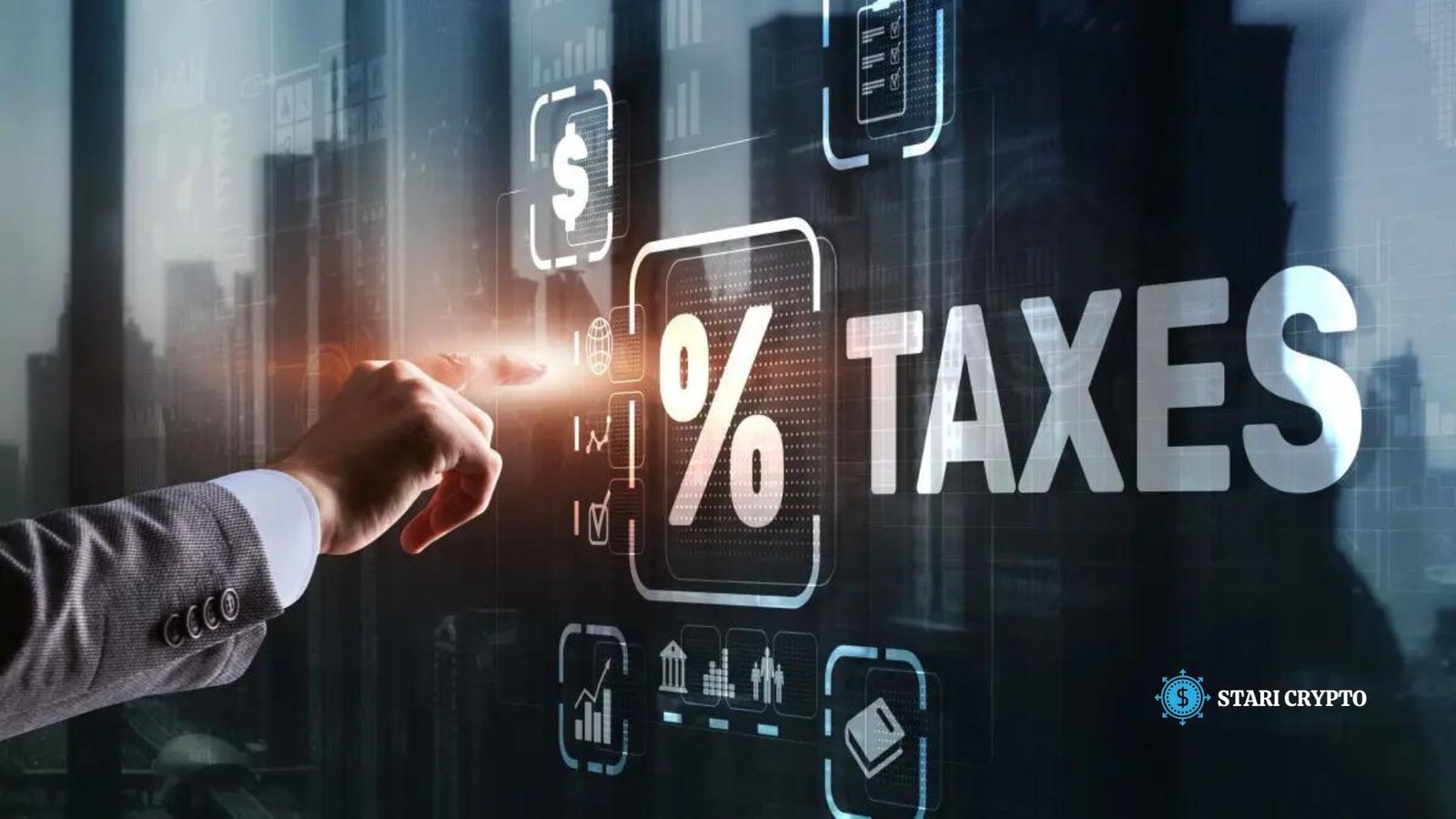Bitcoin Mining Legal Issues: The creation of new bitcoins and verification of transactions on the blockchain, known as “mining,” has become a sizable industry since Bitcoin’s launch in 2009. Bitcoin mining, however, has run into several legal hurdles as the cryptocurrency industry has developed. The confluence of new technologies with established regulatory systems shapes these concerns. This essay delves into the essential legal matters of Bitcoin mining and provides valuable insights for anyone involved, including investors, lawmakers, and miners.
Environmental Regulations
The environmental impact of Bitcoin mining is a significant concern in the legal context. Due to the high amount of computing power needed for Bitcoin mining, massive electricity is required. Mining operations’ environmental impact has been a source of worry, particularly in areas where power is supplied mainly by fossil fuels. Environmental rules are being put in place by various countries and regions, which may significantly influence Bitcoin mining activities.
The EPA in the US, for example, has been looking at the carbon footprints of farms that mine Bitcoin. The Chinese authorities outlawed cryptocurrency mining partly because of worries about energy use; the country had previously been a significant hub for Bitcoin mining worldwide. Renewable energy sources and carbon offsetting are two examples of environmentally friendly measures miners in countries with strict environmental restrictions may have to take. There may be closures, penalties, or other legal ramifications for noncompliance with ecological regulations.
Taxation
Another convoluted area of law about Bitcoin mining is taxes. Bitcoin mining produces newly minted bitcoins, subject to taxation in several countries. When they receive bitcoins as payment, miners must declare their earnings at the current market value. Nevertheless, with Bitcoin values being as unpredictable as they are, it might be challenging to determine the proper value and report it appropriately.
 When bitcoin miners sell their wares, they may have to pay capital gains tax. For miners doing business in more than one jurisdiction, complying with tax laws and regulations becomes even more complicated. There is still a lot of unknown about bitcoin taxes, even if the US Internal Revenue Service (IRS) has published guidelines. Seeking expert tax guidance and being updated on regulatory developments are vital for miners, as they may be subject to audits or fines for noncompliance.
When bitcoin miners sell their wares, they may have to pay capital gains tax. For miners doing business in more than one jurisdiction, complying with tax laws and regulations becomes even more complicated. There is still a lot of unknown about bitcoin taxes, even if the US Internal Revenue Service (IRS) has published guidelines. Seeking expert tax guidance and being updated on regulatory developments are vital for miners, as they may be subject to audits or fines for noncompliance.
Regulatory Compliance
There is a lot of regulatory ambiguity around Bitcoin mining. Cryptocurrency and blockchain technologies have been widely adopted in some nations, while others have implemented stringent controls or outright prohibitions. Bitcoin mining is subject to several federal and state laws in countries where it is typically permitted, such as the US.
Many financial rules, including those about anti-money laundering (AML) and know-your-customer (KYC), and licenses may be necessary for miners. On the other hand, nations such as China have adopted a somewhat more aggressive posture. A large number of Bitcoin miners left China in 2021 as a result of the government’s stricter regulation of the industry. Bitcoin miners must keep up with the regulatory climate in their respective regions because the law surrounding Bitcoin mining is constantly changing.
Property Rights and Asset Seizure
Another new area of potential legal controversy surrounding Bitcoin mining concerns property rights. Conflicts over ownership might emerge when mining operations necessitate substantial investments in hardware and facilities. Furthermore, certain nations’ governments may confiscate assets linked to unlawful activity. For example, authorities can confiscate mining gear and cryptocurrency when mining operations are carried out illegally.
 When the profits from mining are associated with criminal acts like money laundering. Due to this risk, legal ComplianCompliancensparency are paramount in mining operations. Additionally, miners need to know how the law regards Bitcoin and other cryptocurrencies in their respective countries. Problems with property rights and enforcing cryptocurrency-related contracts may arise in jurisdictions where Bitcoin is not officially acknowledged as legal money.
When the profits from mining are associated with criminal acts like money laundering. Due to this risk, legal ComplianCompliancensparency are paramount in mining operations. Additionally, miners need to know how the law regards Bitcoin and other cryptocurrencies in their respective countries. Problems with property rights and enforcing cryptocurrency-related contracts may arise in jurisdictions where Bitcoin is not officially acknowledged as legal money.
Energy Usage and Local Regulations
Because it uses so much energy, Bitcoin mining significantly influences regional power systems. This has caused tensions with utility companies and municipal governments, especially in areas where electricity is expensive or scarce. Crypto miners have been the target of new laws or higher electricity rates enacted by various municipal governments.
For instance, in 2021, Iran briefly outlawed Bitcoin mining in the summer to alleviate power outages caused by the cryptocurrency’s surge in value. Similarly, municipal governments in several Canadian regions have stopped new mining operations because of energy usage concerns. Miners in their chosen locations should carefully consider electricity stability and cost, as well as any possible legislative constraints or price increases, to ensure the profitability of their operations.
In Summary
Bitcoin miners must navigate a complicated and dynamic regulatory environment. While doing business, miners face many legal hurdles, including environmental restrictions, taxes, and regulatory compliance rights. It is crucial for miners to remain aware and adapt to new regulations as the business grows and matures because legal difficulties will likely become much more critical.
Protecting the environment, ensuring fair taxes, and maintaining regulatory control are all critical goals for politicians. Still, they must also weigh the advantages of Bitcoin mining, such as economic development and technological innovation, against these concerns. How the industry and policymakers worldwide handle these conflicting interests will determine Bitcoin mining’s future.
More Read: Bitcoin Mining Pro & Complete Guide to Bitcoin Mining
FAQs
1. Is Bitcoin mining legal?
Bitcoin mining is legal in many countries but depends on jurisdiction. Some countries have embraced cryptocurrency mining, while others, like China, have banned it. Miners must ensure they comply with local regulations to avoid legal issues.
2. What environmental concerns are associated with Bitcoin mining?
Bitcoin mining consumes significant amounts of electricity. Leading to concerns about its environmental impact, particularly in regions where power is generated from non-renewable sources. Regulations may require miners to adopt greener practices or face penalties.
3. How is Bitcoin mining taxed?
In many jurisdictions, mined bitcoins are considered taxable income. Miners must report the bitcoins’ fair market value when mined. May also be subject to capital gains tax upon selling them. Due to the volatility of Bitcoin prices, tax compliance can be complex.
4. Can governments seize Bitcoin mining equipment?
Governments can sometimes seize mining equipment and cryptocurrency holdings, mainly if they are linked to illegal activities or if the mining operation violates local laws. Legal compliance to avoid asset compliance.
5. How do local regulations affect Bitcoin mining operations?
Local regulations can impact Bitcoin mining operations in various ways, such as through increased electricity tariffs, moratoriums on new mining operations, or outright bans. Miners need to be aware of local laws and the stability of the power grid in their operating region.


















